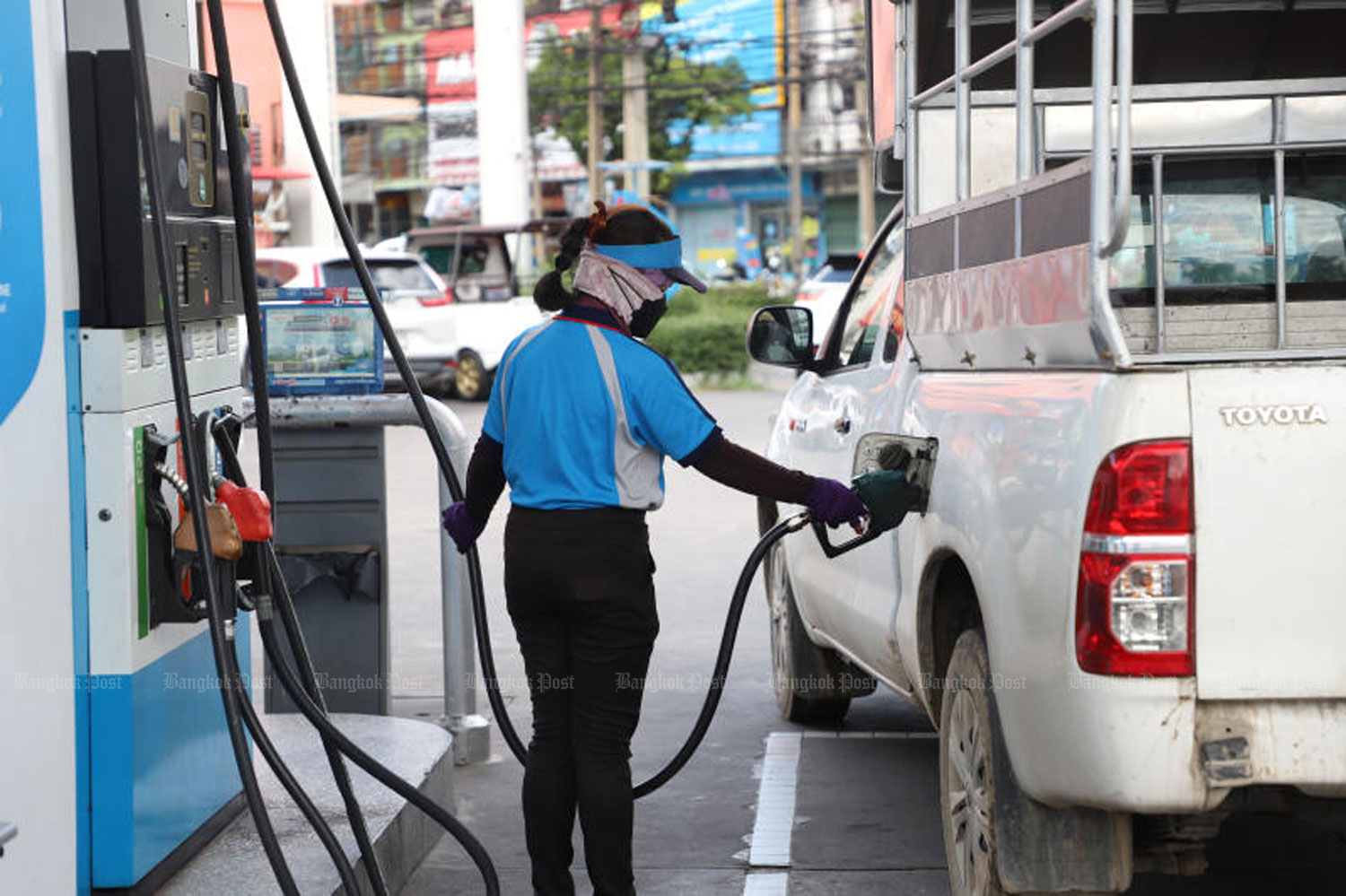
The cabinet decided on Tuesday to keep value-added-tax (VAT)at seven per cent for the next two years, deferring the Finance Ministry's proposed hike to nine per cent, and approved a four-point rehabilitation plan proposed by the National Economic and Social Development Board.
Government spokeswoman Sansanee Nakpong said the cabinet agreed to delay the VAT increase until the end of Septembr 2014. The VAT rate will rise to nine per cent on Oct 1, 2014.
It had been planned to increase the VAT rate to nine per cent from the currently seven per cent from Oct 1 this year.
The spokeswoman said the delay is mainly because Thailand was severely affected by the flooding last year, causing gross domestic product growth to drop to 0.1 per cent in 2011 from 7.8 per cent in 2010.
The drop in the growth rate resulted in lower consumption and a drop in exports.
The delay in the VAT increase would help people regain lost purchasing power and help the investment climate return to normal, Ms Sansanee said.
Deputy government spokesman Chalitrat Chantharubeksa said the cabinet also approved the rehabilitation plan proposed by the National Economic and Social Development Board.
Mr Chalitrat said the plan covers four urgent issues, as suggested by a meeting of the national strategic committee for rebuilding the country and future development.
They are as follows;
1) Investment policy over the next five to 10 years must focus on acquiring loans from domestic financial sources.
2) Upgrading cooperation with Burma in the Dawei deep seaport and industrial estate development project.
3) A development plan for the national rail system, particularly a high-speed train system.
4) Financial assistance for manufacturers affected by the great flood late last year.
The deputy spokesman said that after the country was hit by the economic crisis in 1997, the investment level over the last 15 years had been relatively lower than it should have been.
This problem occurred even though the country has continuously had a surplus in its current account and a high level of savings. But these savings had not been utilised for important projects, he said.
The panel suggested the government map out a five to 10 year investment policy that focuses on using domestic funding sources, he said.
Mr Chalitrat, the Dawei deep seaport project is crucial for linking industrial areas on the eastern coast with western industrial zones.
Therefore the government would raise the importance of the deepsea port and industrial development project to a government to government cooperation level, which would best benefit both Thailand and Myanmar.
He said the existing rail system would be improved and made more effective and this would include investment in a high-speed train system, he said.
High-speed trains would help reduce logistic costs and create connectivity with transport networks between deep seaports in the Andaman Sea and the South China Sea, he added.
Mr Chalitrat said the loans provided for flooded manufacturers by commercial banks were at low levels when compared with those provide by the special task state-owned financial institutions, such as Government Savings Bank.
The government would ask the Thai Bankers Association to help direct commercial banks to speed up lgranting of loans for flood affected industry, particularly small and medium enterprises, he said.
Meanwhile, a meeting of the Energy Policy Administrative Committee on Tuesday agreed to cut the Oil Fund levy on diesel by 0.30 baht a litre and 0.50 baht on gasohol 91 and gasohol 95.
Energy Minister Arak Chonlatanon said after chairing the meeting that the cuts were to help offset the burden on people and manufacturers caused by rising oil prices and inflation.
Mr Arak said the state Oil Fund would also increase its subsidy for gasohol E20 and gasohol E85 by another 0.50 baht per litre to promote the consumption of alternative energy.
As a result of the decision, daily inflow to the Oil Fund would fall from 31 million baht to nine million baht, he said.



